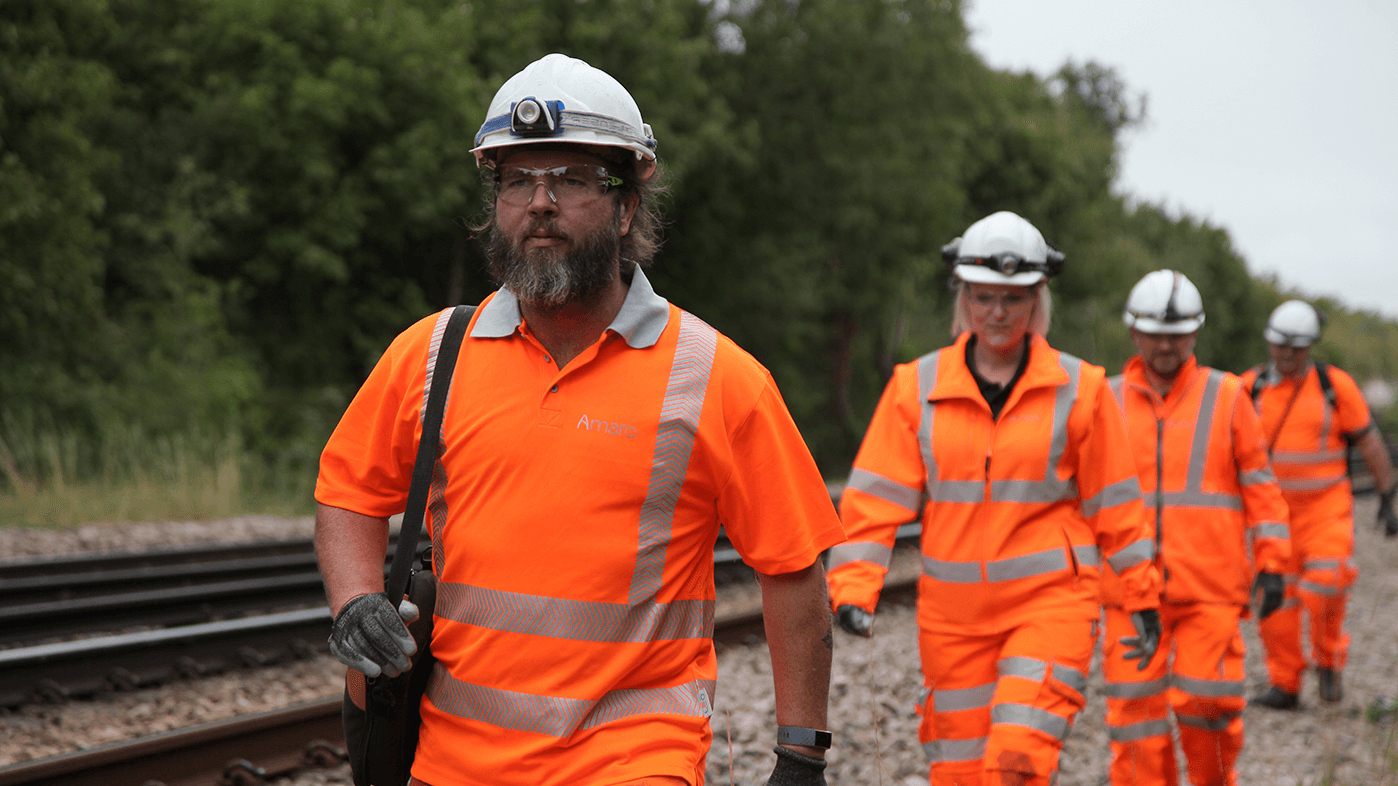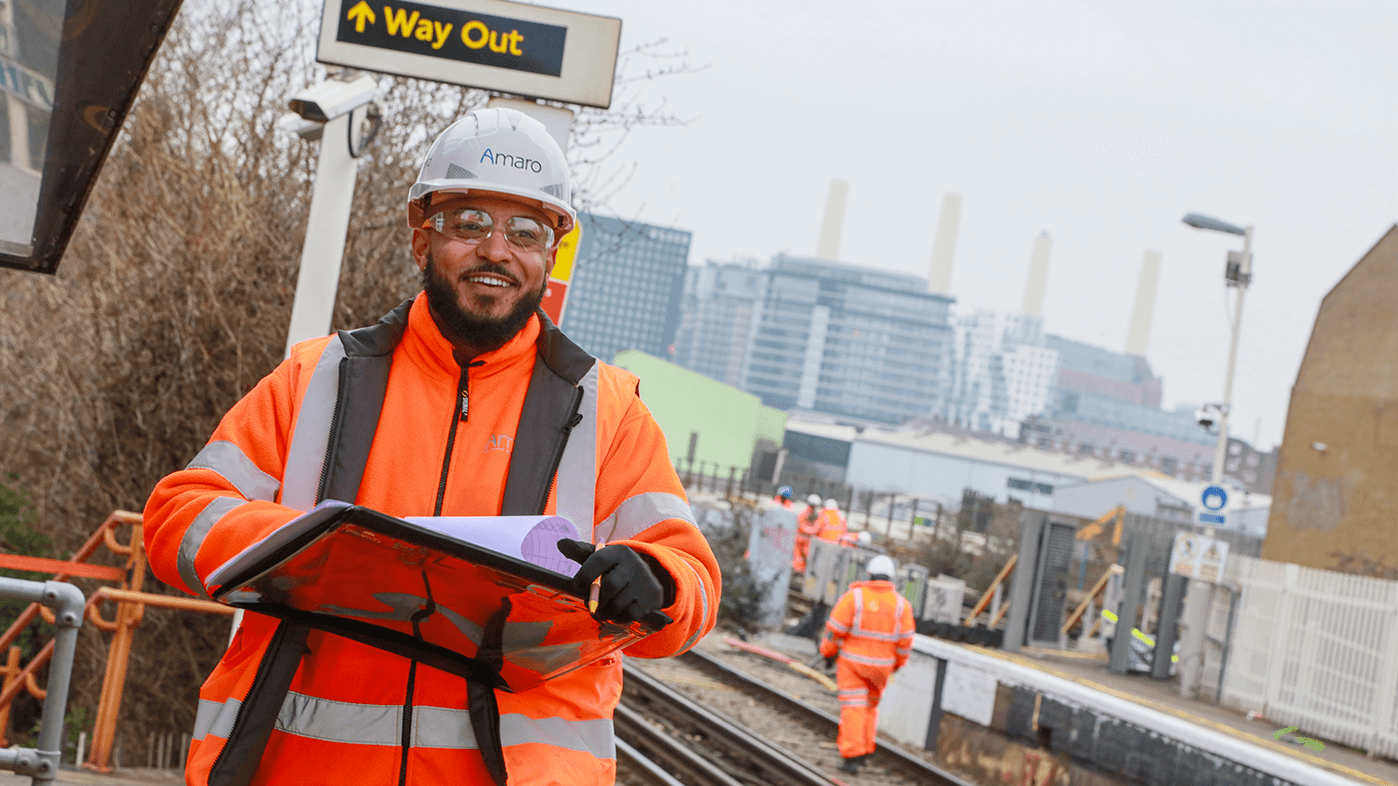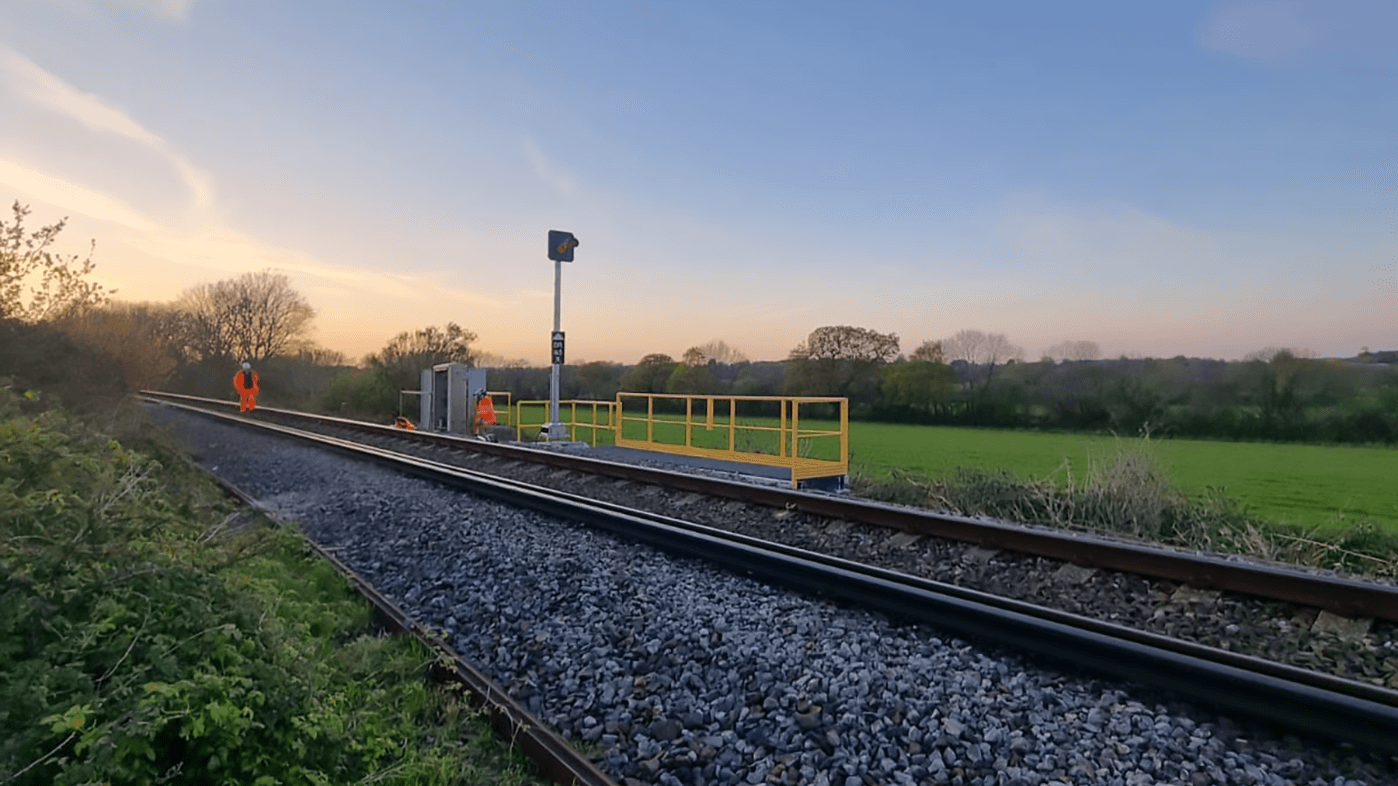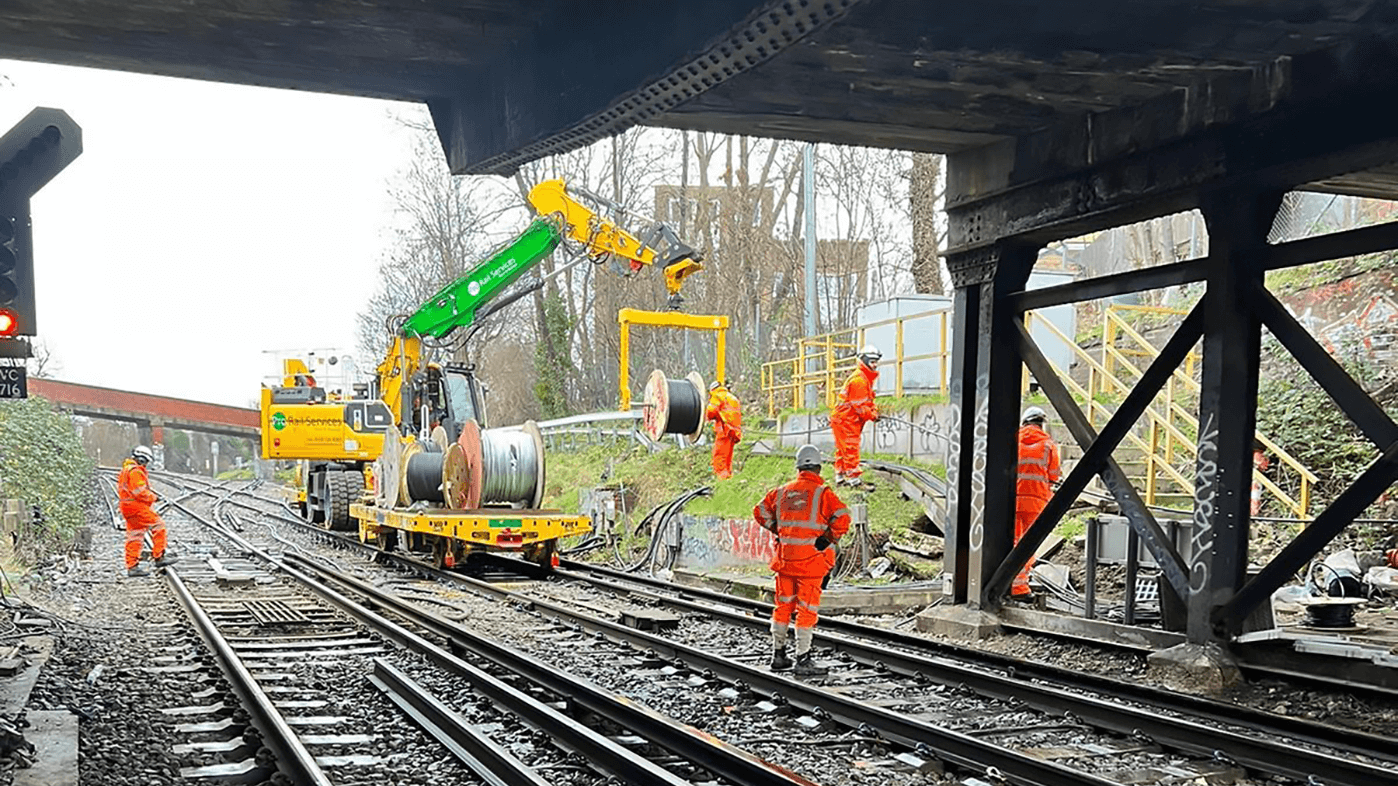Project details
Due to the technological limitations of the previous generation of PSPs, in appointing Amaro to carry out these works Network Rail was seeking to address a number of challenges that were taking an unacceptable toll upon maintenance teams, signalling staff, and passengers.
Power Loss and Downtime
The Challenge (Traditional PSPs)
Should a sudden loss of signalling power occur, an SMT signal would be triggered automatically, notifying the signaller of the issue and triggering the activation of a backup diesel generator. With more traditional types of PSP, this would usually be accompanied by downtime of between 10-15 seconds; essentially a delay between the primary source of power being lost and the backup power source kicking in, creating a risk to rail workers and passengers.
The Solution (Compact PSPs)
Thanks to the compact PSP’s uninterruptable power supply, this 10-15 second delay is eliminated, with the unit’s electro-mechanical bypass system giving the backup generator sufficient time to come online before the impact of the power loss is felt. Whilst the signaller still receives the same notification, there would be no interruption in service.
Harmful Power Surges
The Challenge (Traditional PSPs)
Further to this, the activation of the backup generator had a tendency to cause power surges which, in turn, could damage less robust components and even blow older or more temperamental fuses, potentially causing a complete loss of signalling power in the process.
The Solution (Compact PSPs)
Thanks to the cPSP’s in-built uninterruptable power supply, harmful power surges become a thing of the past resulting in significantly reduced ongoing maintenance and component costs.
Significant Maintenance Burden
The Challenge (Traditional PSPs)
In the event of a power failure, an SMT team would have had to attend site to diagnose and rectify the issue regardless of its severity, thereby adding to Network Rail’s already significant workload and generating even greater disruption for rail users.
The Solution (Compact PSPs)
Thanks to the introduction of a robust internal monitoring system within the cPSP, the client can now assess the condition of the unit remotely via their Intelligent Infrastructure network, monitoring the insulation resistance of each feeder cable and notifying RADAR (Rail Anomaly Detection and Reaction) should a measurement fall below permitted levels, giving supervisors the chance to schedule proactive repairs before a crisis can arise. Not only does this limit unnecessary maintenance costs, it also helps to ensure compliance with the very latest industry standards.
Size of Equipment
The Challenge (Traditional PSPs)
Due to the sheer size of the transformers, not to mention the overall footprint mandated by Network Rail’s touch potential requirements, more traditional PSPs can prove unsuitable for track-side areas or islands where space is limited.
The Solution (Compact PSPs)
By removing the need for external transformers and thanks to its compact dimensions, Schneider’s cPSP gives designers and engineers much greater freedom when it comes to system architecture, removing the need for bulky equipment and adding even greater flexibility and network resilience.
The outcome
Whilst Amaro has been contracted to carry out all of the design, installation, and commissioning works associated with this project (including new troughing route, PSP bases, hard standings, and both E&P and S&T requirements), works are currently on hold whilst Network Rail assesses the approval status of the Schneider compact PSP units.
This case study will be updated once further progress has been made on site.




